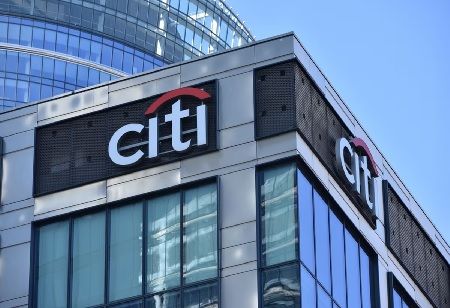
Citi India Boosts Liquidity with Record Asset-Backed Securities Purchase

 Citi's India branch is poised to purchase a record amount of asset-backed securities as local lenders look for liquidity in light of slow deposit growth.
Citi's India branch is poised to purchase a record amount of asset-backed securities as local lenders look for liquidity in light of slow deposit growth.
The bank plans to acquire asset-backed securities tied to retail loans, aiming to triple its portfolio to over US$1 billion by the end of the fiscal year, according to Aditya Bagree, Managing Director and Head of Markets at Citi India. Citi anticipates the total securitisation volume in India will reach approximately US$30 billion for the fiscal year ending March 31, 2026.
The market for such bundled securities, known as securitisations, is small but growing in the country as Indian lenders seek to improve their credit deposit ratios. Private banks have historically been rare in the market, but have begun tapping it or exploring deals amid regulatory pressure.
“We are still in very nascent stages of securitisation in India”, said Bagree.
The market is forecast to keep growing – the overall volume of asset securitisation increased by more than 80 per cent to 680 billion rupees (S$11 billion) in the third quarter compared to the prior year, according to ICRA Ratings. That growth has stemmed from the entrance of large private banks into a market that was historically dominated by India’s non-bank financing companies and housing finance companies.
For example, HDFC Bank, the largest private lender, securitised or assigned nearly 2.16 billion rupees of retail loans, including mortgage and auto loans in the three months ended December, and plans to scale up the activity. IDFC First Bank, and digital lenders such as Navi Finserve have also tapped the market for their retail loan portfolios.
In India, securitisation transactions offer liquidity to lenders and typically take two forms: asset-backed securities, known locally as pass-through certificates, and direct assignments. Citi India favors the former and anticipates these structures will make up nearly 60% of the country's total securitisation deals in the current financial year, as direct assignment transactions decline.
The loan pools usually consist of credit extended to individuals for purchases like homes, cars, and other personal expenses.
“Several banks and non-banks are looking to sell pools of such assets in India as they realign their credit deposit ratios through different liquidity avenues,” Bagree said. Vehicle loans are the largest asset class for securitisation, and personal loans and small and medium business loans are also beginning to show up in the portfolios, according to Bagree.